The companies that are adopting a “circular economy” model to doing business.
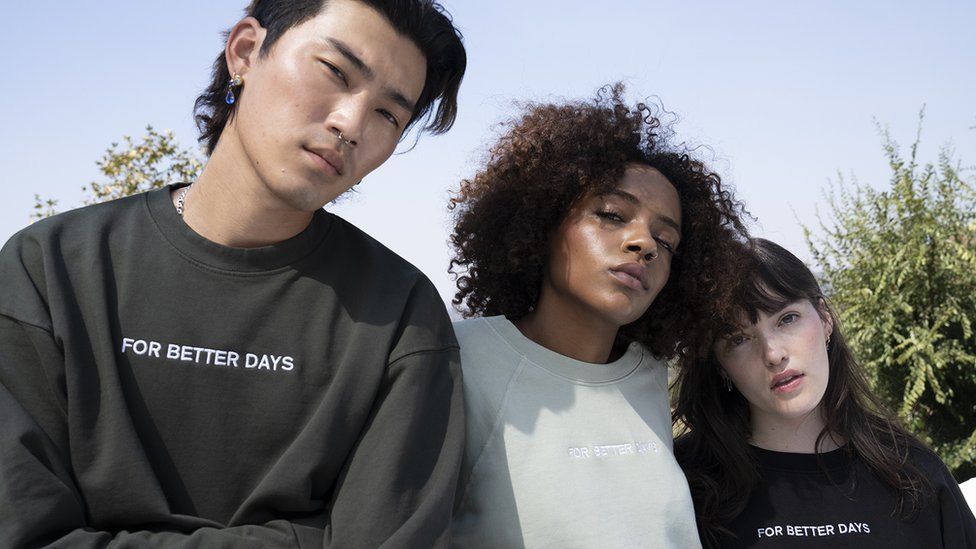
image copyrightFor Days
The coronavirus pandemic has badly damaged economies across the world. Could an increased move towards a “circular economy” model aid the recovery?
That is the suggestion of a new report by academics from five countries around the globe. But what exactly is a circular economy? In simple terms, it means that products are made from recycled materials, and they themselves are intended to be easily reused or recycled. Hence a circle is formed.
“Products float seamlessly in and out of our lives as needed, without creating waste,” says Kristy Caylor, founder of US clothing firm For Days. That is how she describes the economic model.
Her Los Angeles-based company is a zero-waste firm. Its customers are encouraged to mail in their old clothes (either from For Days, or their wider wardrobe) for money-off vouchers on new items.
For Days then recycles all the material, turning the cotton into its new clothes. Nothing ends up in landfill, and the company is carbon neutral too.
“We believe that the circular economy provides an opportunity to innovate, driving superior business results, and better customer loyalty,” adds Ms Caylor. “If we can align incentives for customers, business and the planet – that’s the win.”
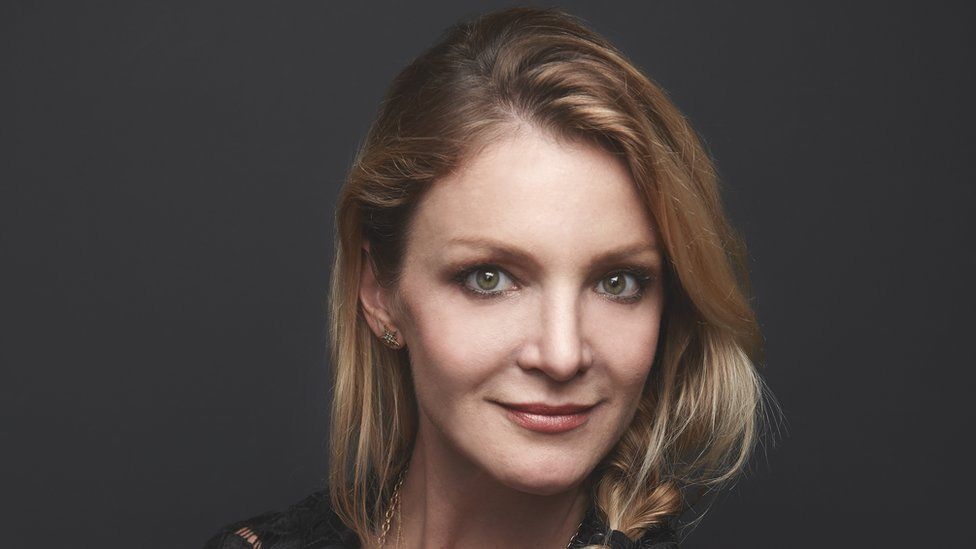
image copyrightFor Days
UK think tank, the Ellen MacArthur Foundation, has been a leading proponent of the circular economy model since it was founded in 2010 by the former sailor of the same name.
Last year it published a study saying that countries moving towards circular economies could drive the post-pandemic recovery.
It points to investment opportunities across five sectors – buildings, fashion, food, plastic packaging, and cars.
Specific projects highlighted include using more recycled steel in construction that it says would reduce material costs by 25%, and a big increase in the use of returnable packaging. It forecasts the later could become a $50bn (£36bn) global industry by 2026.
“We have an opportunity to usher in growth,” says Jocelyn Bleriot, the foundation’s executive officer. “Now is the time to move away from a system that creates value by consuming finite resources.”
Swedish furniture giant Ikea says it aims to become a purely circular business by 2030. Last November it opened its first second hand-only store in a shopping centre in the Swedish city of Eskilstuna. The “pop-up” shop will be open until May.
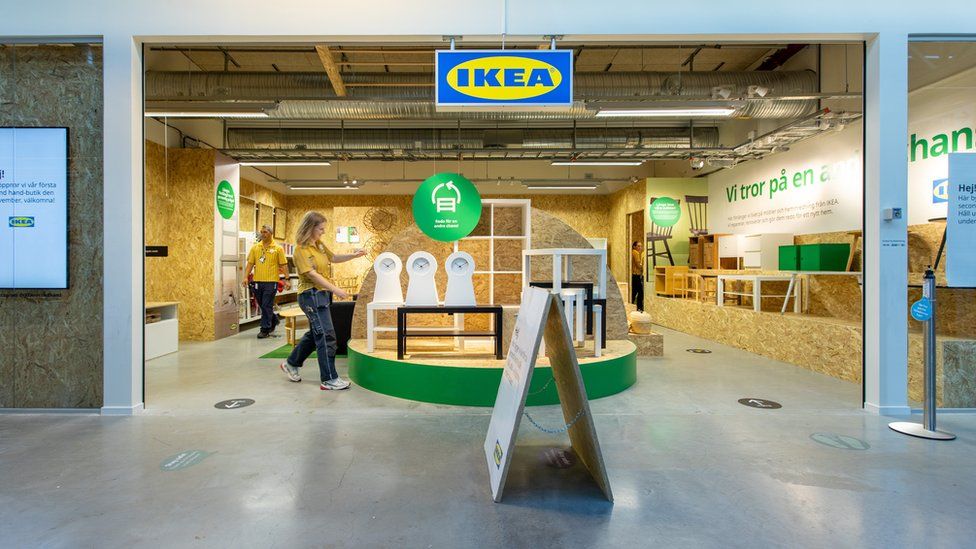
image copyrightHenrik Mill
Jonas Carlehed, Ikea’s sustainable manager for Sweden, says the firm’s long-term aim for the business is “raw materials recycled, remanufactured, refurbished, reused”.
He adds: “Our second-hand store is a wonderful example of our goal to become circular. We aim to create an attractive and profitable business model.”
Last month’s academic report into circular economies was co-written by researchers from universities in the UK, Japan, Malaysia, Nigeria and the United Arab Emirates.
Co-author Dr Khameel Mustapha, associate professor of mechanical engineering at Nottingham University, says those who adopt circular economies will have an advantage as the benefits “become supremely obvious”.
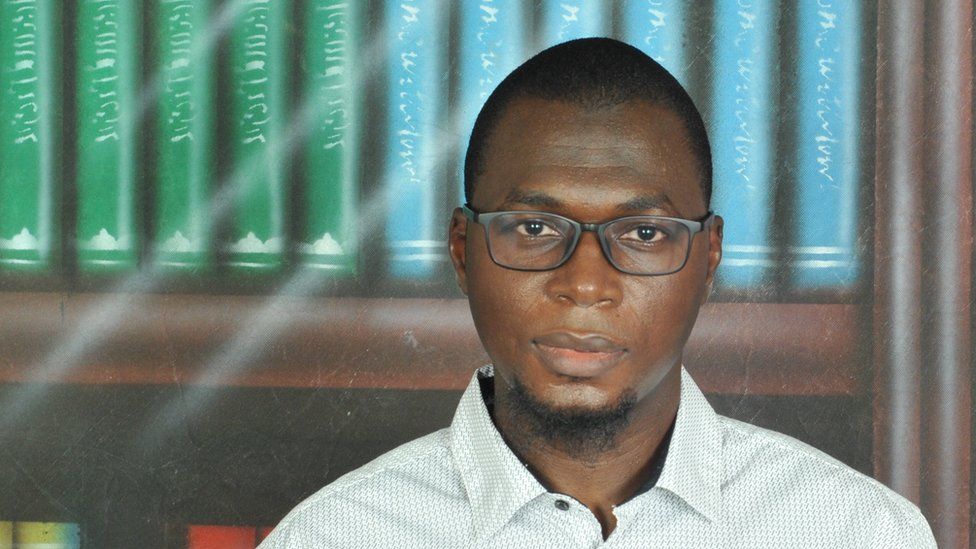
image copyrightKhameel Mustapha
In the US, one firm aiming to harvest this advantage is Empire State Greenhouses. It is building a solar-powered greenhouse or “organic crop factory” in upstate New York. The facility will also turn manure from local cows into C02 to fertilise the plants, and natural gas for home heating
“Energy is the elephant in the room,” says the firm’s fonder Louis Ferro. “Energy usage throughout the food value chain accounts for 34 cents of every dollar spent by consumers.
“By eliminating energy costs we can achieve extraordinary margins that traditional growers cannot compete with.”
So are we on the verge of a seismic shift? Dr Ross Brown, lecturer in entrepreneurship and small business at the University of St Andrews, is not convinced.
“While it [a circular economy model] is feasible for certain aspects of modern-day economies, it is highly unrealistic for others,” he says. “In many instances firms just do not have the logistical capabilities of coordinating mass product reuse or remanufacturing.”
For this reason he believes that the model will remain niche: “I seriously doubt it will ever become fully mainstream.”


New Economy is a new series exploring how businesses, trade, economies and working life are changing fast.

Another pitfall could be if the price of recycling is higher than the value of recycled goods.
“In today’s environment, recycling is indeed very costly and for most applications it cannot compete,” says Jessica Stewart, associate at global sustainability consulting and investment firm SystemIQ.
She says recycling costs would fall significantly if more firms adopted a circular model, “driving massive economic benefit”.
SystemIQ argues that an industry-wide circular approach to the global plastics sector has the potential to create 700,000 jobs, and generate savings of $200bn per year.
“How to reduce the cost of recycling? By designing for recycling, scaling recycling infrastructure and investing in research and development, for example in advanced or automated sorting,” says Ms Stewart.
“And how to increase the value of recycled content? Through regulation that incentivises recycled content either by setting minimum recycled content requirements or providing tax incentives. And through better design – for example, removing pigments.”
An increasing number of firms both large and small are taking the circular economy message on board. For example, fast-food giant Burger King is soon to allow customers in New York, Tokyo and Portland to buy burgers and drinks in reusable packaging.
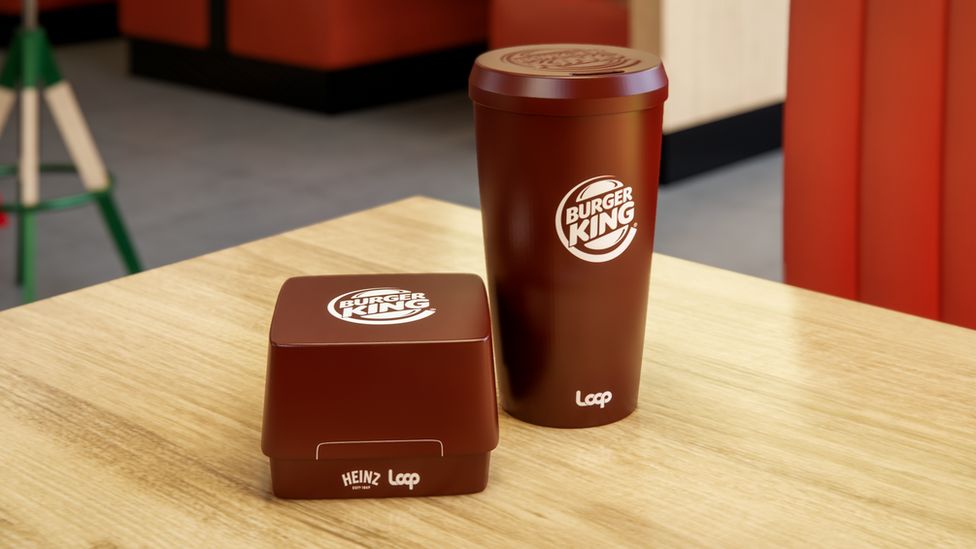
image copyrightBurger King
And thousands of miles way in Kenya, a firm called Safi Organics is turning food waste into fertiliser, which is helping to reduce the volume that the country has to import.
Matthew Banton, global head of innovation and sustainability at Burger King, says: “We’ve experienced challenges during the pandemic that have taught us to think smarter and more efficiently.”
Back at clothing retailer For Days, Ms Caylor hopes the pandemic will result in a sea change: “We are at a very early stage, but circular economy is finally a topic making main stages globally. and I hope the attention leads to investment and adoption more broadly.”